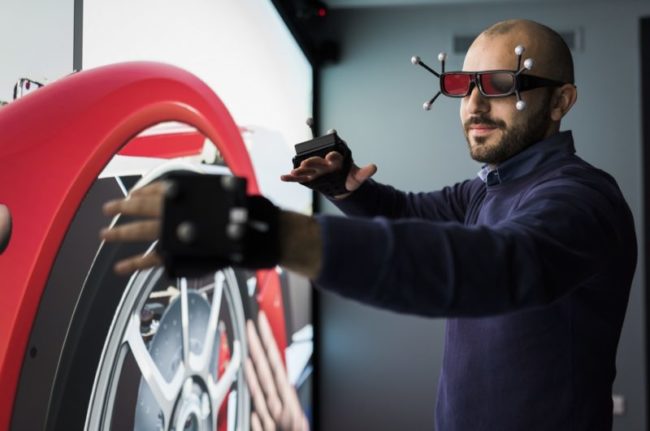Fourth industrial revolution can transform your business – but only if you’re ready
4IR is being driven by connectivity, big data and other rapid advances in product and process technology and is already a reality in the Liverpool city region. Tony McDonough reports.

Adapting to what is being called the “fourth industrial revolution” (4IR) will require businesses to undergo major “cultural shifts”, a North West business leader is warning.
Steve Warren, North West region director at EEF, the manufacturers’ organisation, says huge advances in digital technology can transform businesses in the region – but only if they are ready.
EEF is today publishing a new report that aims to demystify 4IR, breaking the concept down into “digestible chunks” and help manufacturers make the connection between theory and practice.
Liverpool’s key role
4IR is being driven by connectivity, big data and other rapid advances in product and process technology.
Liverpool’s £15m Sensor City project will be at the epicentre of this momentous change.
A joint venture between the University of Liverpool and Liverpool John Moores University, Sensor City is based in Liverpool’s Knowledge Quarter and focuses on the technology of sensors.
Sometimes called ‘the Internet of things’, sensors have numerous applications in everyday life. For example, hospitals may attach sensors to patients, allowing real-time monitoring of their medical conditions.
Merseyside companies, such as Jaguar Land Rover and Unilever, also use sensors to help with sophisticated monitoring of their production processes.
Sensor City aims to facilitate the creation of 250 businesses and 1,000 jobs over the coming years.

Cultural shifts
Mr Warren said: “4IR is happening and the UK’s success in this global industrial transformation will hinge on manufacturers’ strategies and ambitions.
“It goes far beyond simply investing in new technologies and techniques – this new era requires cultural shifts, new business models and the ability to adapt and innovate.
“This report is about sharing this insight with manufacturers but, more importantly, also providing practical examples so that 4IR stops being about theory and starts being about something that manufacturers can genuinely see how and why to apply.
“By helping to connect principle to practice, we aim to put our sector in the driving seat, building confidence and awareness so that UK manufacturers can be at the forefront of this new industrial wave.”
Rapid change
The report says that 4IR will herald smarter production, relationships and products and will boost the number of high-skilled jobs in the UK.
But, it warns that the speed of change will be unprecedented, leaving little room for complacency.
Without industry and supply chain leadership, coupled with a supportive industrial strategy, the UK could be left behind.
The report – ‘The 4th Industrial Revolution – a primer for manufacturers’ – can be downloaded by clicking here.

